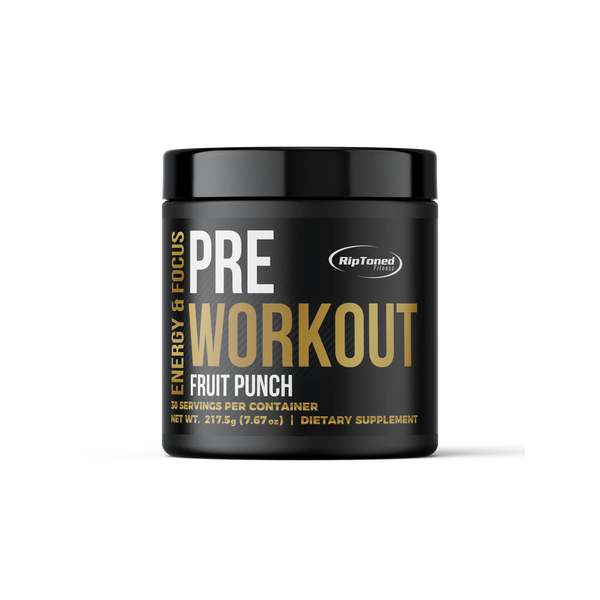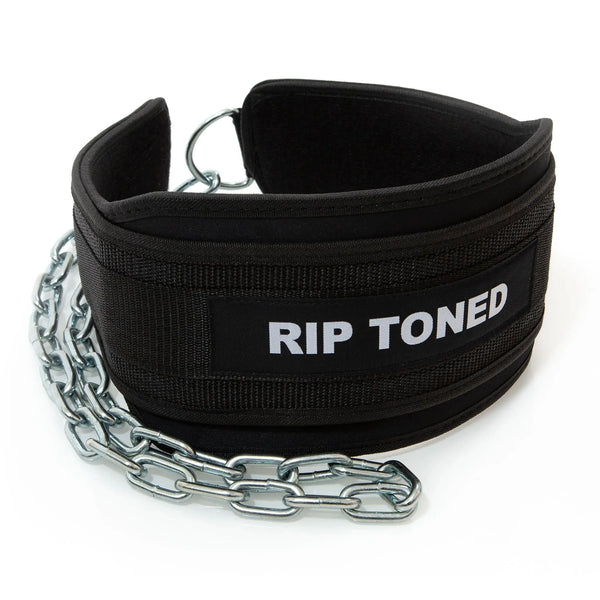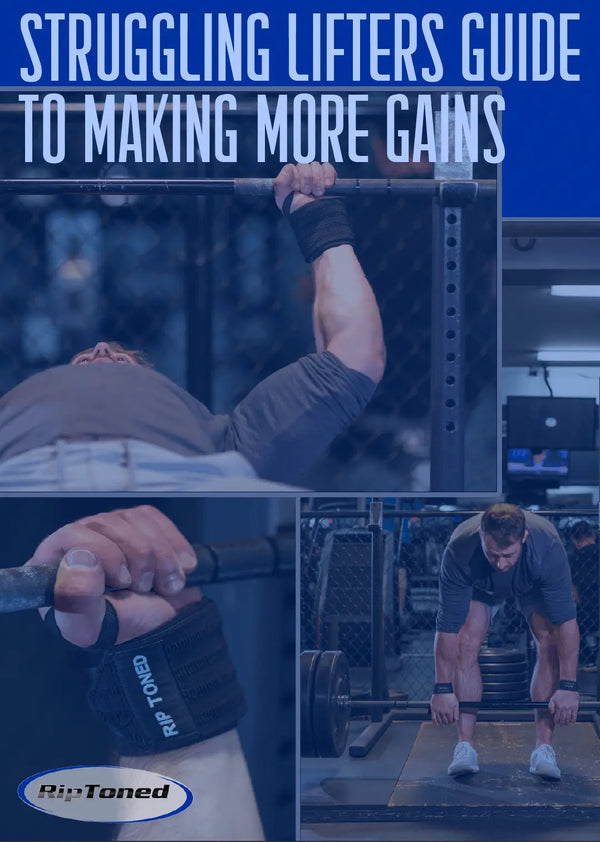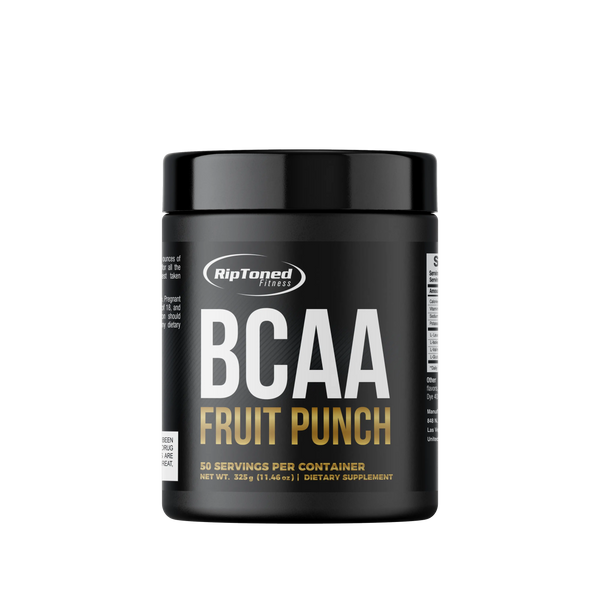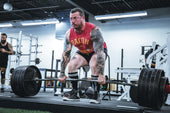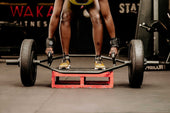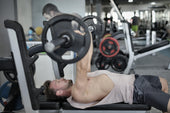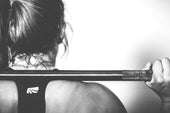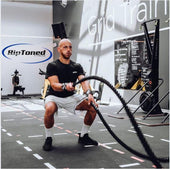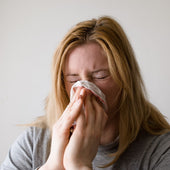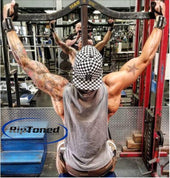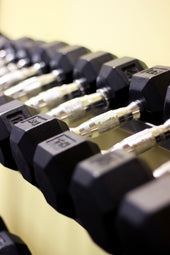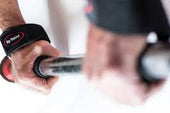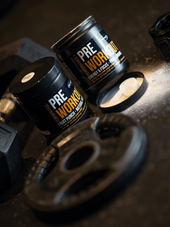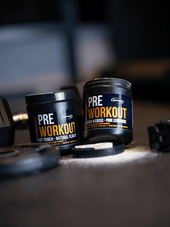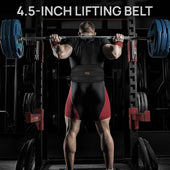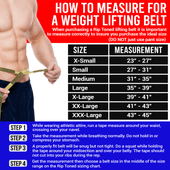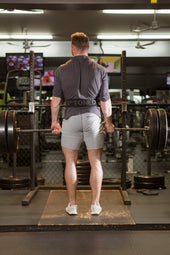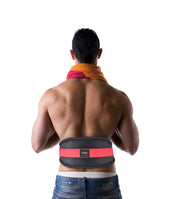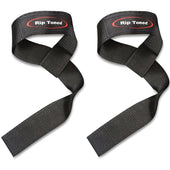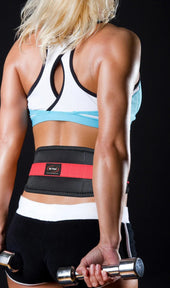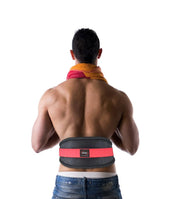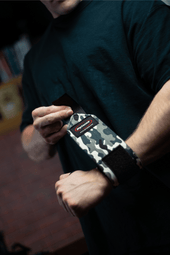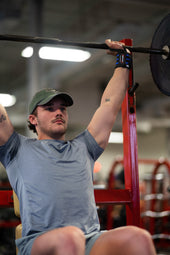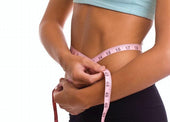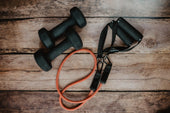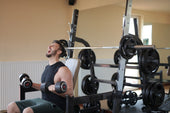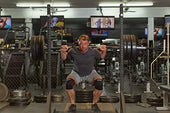
Does Weightlifting Cause Hair Loss
Mark PasayShare
Weightlifting is a popular fitness activity that offers numerous health benefits, from building muscle to boosting mental well-being. However, some weightlifting enthusiasts worry that their dedication to the gym might come at a cost—specifically, hair loss.
This concern stems from myths and anecdotal reports suggesting a link between intense physical exertion and thinning hair. But does weightlifting cause hair loss, or is this a baseless rumor?
This article delves into the science and common beliefs surrounding this topic, aiming to provide clear, evidence-based insights. Whether you're a seasoned lifter or just starting, you'll find valuable information to put your mind at ease.
What is Hair Loss and its Common Causes
Hair loss, also known as alopecia, is a condition where hair follicles stop producing new hair. It can occur gradually over time or suddenly and affect both men and women. According to the American Academy of Dermatology Association, approximately 80 million Americans have hereditary hair loss (male or female pattern baldness).
The most common cause of hair loss is genetics, meaning if your parents or close relatives experienced it, you are more likely to develop it, too. Other factors that can contribute to hair loss include hormonal changes, certain medical conditions like thyroid disorders and autoimmune diseases, and certain medications.
Additionally, physical stress on the body can also be a contributing factor in temporary hair loss. This includes severe illnesses, extreme weight loss, and intense physical exercise. However, it's important to note that these factors do not directly cause hair loss but rather act as triggers for those who are already genetically predisposed to the condition.
The Myth: Does Weightlifting Cause Hair Loss?
The idea that weightlifting causes hair loss is a persistent myth fueled by claims that the physical and hormonal stress placed on the body during weightlifting can lead to hair thinning and even baldness. However, there is no scientific evidence to support this claim.
Studies have shown that moderate exercise has positive effects on hair growth and may even prevent certain types of hair loss. Regular physical activity improves blood circulation, delivering essential nutrients and oxygen to hair follicles and promoting their health. Moreover, increased levels of endorphins released during exercise can reduce stress and thus indirectly benefit your locks.
On the other hand, extreme physical exertion, such as intense weightlifting, can cause temporary hair shedding or telogen effluvium. This condition is characterized by a sudden increase in hairs that enter the resting phase and fall out, typically around 2-4 months after a stressful event. While this may seem alarming, it's usually temporary and reversible once the body recovers from the stressor.
What is Scientific Evidence Saying?
Several studies have been conducted to investigate the link between weightlifting and hair loss. One study published in the Clinical, Cosmetic, and Investigational Dermatology journal found no significant difference in hair shedding between bodybuilders who lifted heavy weights regularly and sedentary individuals.
Another study published in the Annals of Internal Medicine concluded that moderate physical activity has a positive effect on hair growth, while excessive exercise can cause temporary hair shedding. Furthermore, research has shown that regular strength training can improve hormonal balance and reduce levels of dihydrotestosterone (DHT), a hormone commonly linked to male pattern baldness.
Also, while high levels of testosterone (commonly associated with weightlifting) can potentially contribute to hair loss, the effects of this hormone on hair follicles are still not fully understood. More research is needed to determine if and how testosterone affects hair growth.
Some Factors Influencing Hair Loss
While weightlifting itself is not a direct cause of hair loss, there are some factors within the sport that may contribute to it. These include:
The Role of Hormones
Another concern related to weightlifting and hair loss is the effect of hormones on hair growth. Testosterone, a male sex hormone present in both men and women but at higher levels in men, has been linked to baldness due to its conversion into dihydrotestosterone (DHT). DHT is known to shrink hair follicles, leading to thinner and shorter hair strands.
Some may argue that weightlifting increases testosterone levels and, therefore, indirectly contributes to hair loss. However, studies have shown that moderate weightlifting has a positive effect on hormones, including testosterone.
While intense strength training can temporarily increase levels of DHT in the body, it's usually within the normal range and not enough to cause significant hair loss.
Nutritional Deficiencies
As mentioned earlier, proper blood circulation is essential for healthy hair growth. This requires a well-balanced diet rich in nutrients like protein, iron, zinc, and vitamins A and C. Weightlifters often follow strict diets focused on high protein intake, which can sometimes lead to deficiencies in other essential nutrients.
Therefore, it's crucial for weightlifters to prioritize a balanced and varied diet to ensure their bodies receive all the necessary nutrients for healthy hair growth.
Related Products
Headgear and Hygiene
Another factor that may contribute to hair loss in weightlifters is the use of headgear or helmets during training. These items can trap heat and sweat, creating an environment favorable for bacteria growth on the scalp. This can lead to irritation inflammation, and ultimately weaken hair follicles.
Furthermore, poor hygiene practices such as not washing your hair after a workout or using harsh chemicals like ammonia-based shampoos can also damage hair follicles and cause hair loss.
Role of Anabolic Steroids
Lastly, the use of anabolic steroids in weightlifting has been linked to hair loss. Anabolic steroids are synthetic variations of testosterone that can cause hormonal imbalances and disrupt the natural hair growth cycle, leading to hair thinning and baldness.
These factors highlight the importance of proper hair care and good hygiene practices in preventing hair loss among weightlifters.
Tips for Minimizing Hair Loss while Weightlifting
While weightlifting itself does not directly cause hair loss, there are some things that weightlifters can do to minimize any potential negative effects on their hair. These include:
- Maintaining a well-balanced diet with enough protein and essential nutrients to support healthy hair growth.
- Practicing good hygiene by washing your hair after every workout and using gentle shampoos free of harsh chemicals.
- Avoiding the use of headgear or helmets that may trap heat and sweat on the scalp.
- Incorporating rest days into your training routine gives your body time to recover from physical stress.
Moreover, it's important for weightlifters to listen to their bodies and make necessary adjustments if they notice excessive hair shedding or other signs of stress. This could include reducing the intensity or frequency of weightlifting sessions, incorporating more rest days, and ensuring adequate nutrition and hydration.
Expert Opinions on Weightlifting and Hair Loss
While there is no clear consensus among experts on the direct link between weightlifting and hair loss, most agree that moderate strength training can have positive effects on overall health and may even improve hair growth. Dr. Jason Chien, a dermatologist at Cedars-Sinai Medical Group, stated in an interview with Men's Health magazine that "resistance exercise has been shown to decrease cortisol levels and blood pressure while increasing endorphins," which can benefit hair health indirectly.
However, it's also important for weightlifters to be mindful of potential factors that may contribute to hair loss, such as hormone fluctuations, nutritional deficiencies, and hygiene practices. Consulting with a healthcare professional or registered dietitian can also help weightlifters develop a balanced training and nutrition plan to support both their fitness goals and hair health. So, it is important for weightlifters to prioritize their overall well-being in addition to their physical strength and appearance.
FAQs
Can weightlifting cause hair loss?
Weight lifting itself does not directly cause hair loss. However, factors associated with intense exercise, such as high levels of stress hormones or poor nutrition, can contribute to hair loss. It is essential to maintain a balanced diet and proper scalp health to prevent losing hair while engaging in a weight-lifting program.
How does exercise intensity during weight training affect hair loss?
High exercise intensity during weight training can potentially contribute to hair loss if it leads to excessive stress on the body. Too much exercise can increase levels of cortisol, a stress hormone, which might affect hair growth. It's important to balance exercise intensity and ensure proper recovery to maintain overall health and potentially thicker hair.
Can poor nutrition during a weightlifting program lead to hair loss?
Yes, poor nutrition during a weight-lifting program can lead to hair loss. Adequate intake of essential nutrients is crucial for maintaining scalp health and supporting hair growth. Deficiencies in vitamins, minerals, and proteins can weaken hair follicles and contribute to losing hair. Ensuring a balanced diet is vital for both optimal performance and healthy hair.
Is genetic hair loss influenced by weightlifting sessions?
Genetic hair loss is primarily determined by heredity and is not directly influenced by weightlifting sessions. However, maintaining good scalp health, managing stress levels, and ensuring proper nutrition can help mitigate the impact of genetic hair loss. Regular weight lifting, when done in moderation and with proper care, should not exacerbate genetic hair loss.
Conclusion
In conclusion, weightlifting is not a direct cause of hair loss. While myths and anecdotal reports may suggest a link, scientific evidence points to other factors such as genetics, hormonal changes, and overall health playing more significant roles. It's essential for weightlifters to consider these elements and understand that their dedication to fitness isn't detrimental to their hair.
Maintaining a balanced approach to both fitness and hair care, along with consulting healthcare professionals if concerns arise, will help ensure overall well-being. Ultimately, the benefits of weightlifting far outweigh any unfounded worries about hair loss, allowing enthusiasts to continue their routines with confidence and peace of mind.


